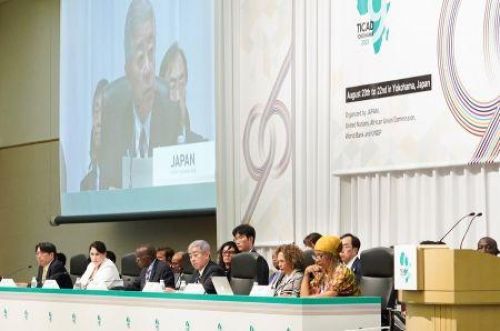Generation

Japan plans $1.5bn impact investments in Africa

Japan plans to mobilize $1.5 billion in impact investments to help African countries cut greenhouse gas emissions and achieve sustainable development goals, public broadcaster NHK reported on August 19.
The official announcement is expected during the 9th Tokyo International Conference on African Development (TICAD-9), to be held in Yokohama from August 20 to 22.
The financing will be arranged with support from the Japan International Cooperation Agency (JICA) and private financial institutions. Citing foreign ministry officials, NHK said the initiative is meant to both address Africa’s pressing challenges and allow Japanese companies to generate profits.
Planned projects include large-scale wind power generation to cut emissions, as well as financing a startup that operates healthcare facilities to expand access to medical services.
Impact investing, as defined by the Global Impact Investing Network (GIIN), refers to investments made with the intention of generating measurable social, environmental, or economic benefits alongside financial returns.
It is based on two principles: intentionality and additionality. Investors must set a clear goal of creating positive social, environmental, or economic outcomes before allocating capital, while also ensuring financial viability, with returns ranging from concessional to above market rates. Additionality is defined as making an investment that would not have occurred without the impact investor’s intervention.
These features distinguish impact investments from conventional investments that primarily seek financial returns, even when they include positive outcomes and strong environmental, social, and governance (ESG) practices.
Japan has long sought to differentiate its approach in Africa from that of China, which has boosted its influence by channeling massive funds, often through infrastructure loans. Tokyo instead emphasizes projects with long-term social and economic value, such as strengthening healthcare systems, developing human capital, and expanding green energy.












